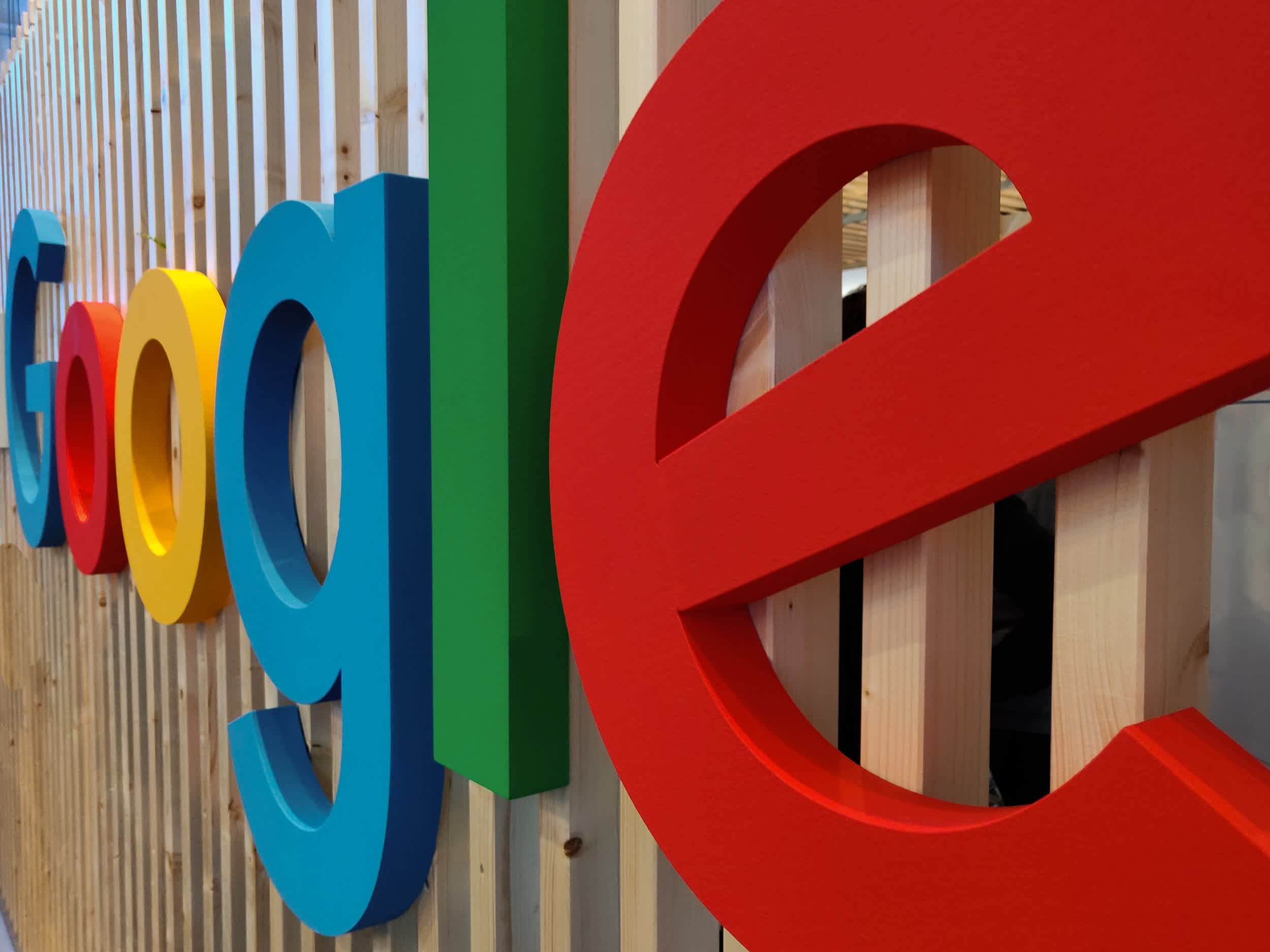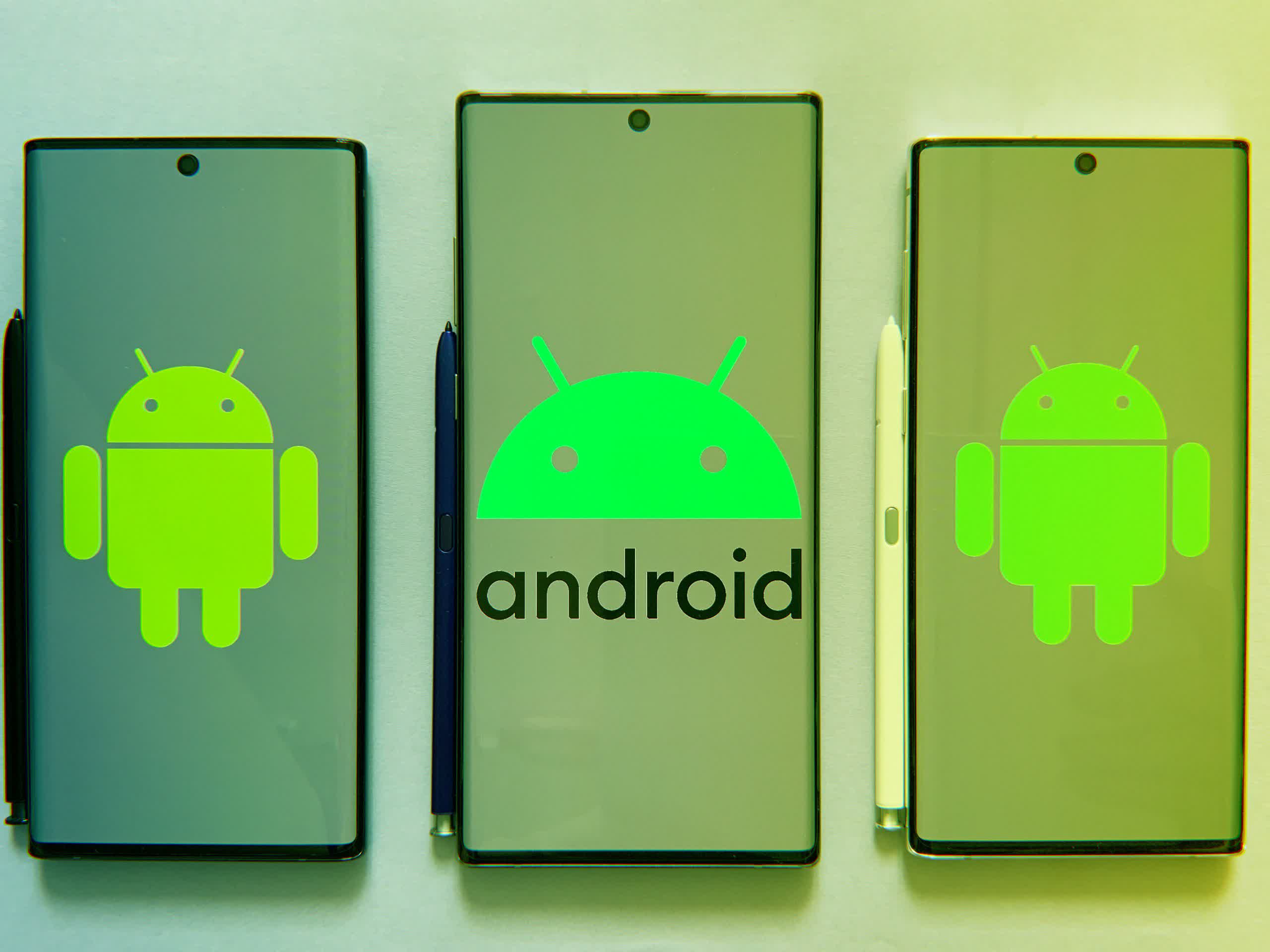In brief: Google was found in violation of competition law in South Korea, after an investigation revealed it had forced OEMs to sign "anti-fragmentation agreements." This is only one of several fines levied on the company in recent years, and it looks like more punitive measures may be on the way.

Google is no stranger to antitrust fines. The latest comes from South Korea's Fair Trade Commission (KFTC), who recently announced that it levied a 207.4 billion won ($177 million) fine on the search giant for allegedly abusing its market power in the Android ecosystem and stifling competition and innovation in mobile operating systems.
According to the KFTC, the decision is the result of an investigation that found Google required phone manufacturers to sign something called an "anti-fragmentation agreement." This means that in order for an OEM to get access to Android, it would have to agree to a set of terms that prohibit the installation of forks -- modified versions of Android -- on its devices.
The KFTC found this to be in violation of local antitrust law, so it ordered Google and its local subsidiaries to cease the practice and remove the requirement from its existing contracts. Korea's competition watchdog is also conducting three separate investigations into the Play Store, its billing system, and Google's practices in the advertising market, respectively.

A Google spokesperson explained that Android's compatibility program has been conducive to the success of hardware and software innovators in the Android ecosystem. The company believes "the KFTC’s decision released today ignores these benefits, and will undermine the advantages enjoyed by consumers."
Google plans to appeal the KFTC's ruling, which applies to more than just smartphones -- smartwatches, tablets, smart TVs, and all other Android devices are included in the corrective measures. This also comes just as South Korea passed its "anti-Google law," which requires companies like Google and Apple to allow developers to bypass their app store payment systems.
The $177 million fine may seem like a mere slap on the wrist for Google, but this is only one in a string of levies received this year.
Back in May, Google was fined $123 million in Italy for stifling competition in the Android Auto space. In July, France hit Google to the tune of $591 million for failing to negotiate fair deals with local news publishers. In the US, the search giant faces its biggest antitrust lawsuit yet over its alleged gatekeeping of Android through the Play Store.
Masthead credit Kai Wenzel
https://www.techspot.com/news/91238-south-korean-competition-watchdog-fines-google-177-million.html